|
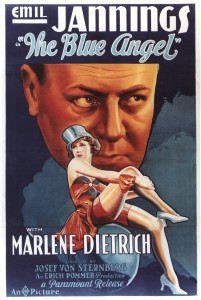
Synopsis:
When high school instructor Professor Rath (Emil Jannings) learns that his students are infatuated with a sexy nightclub singer (Marlene Dietrich), he visits The Blue Angel intending to chastise them — to his surprise, however, he finds himself falling in love with the alluring Lola Lola (Dietrich) himself.
|
|
Genres, Themes, Actors, and Directors:
- Downward Spiral
- Femmes Fatales
- German Films
- Josef Von Sternberg Films
- Marlene Dietrich Films
- Nightclubs
- Singers
- Teachers
Response to Peary’s Review:
Peary’s review of this early German masterpiece — the film that launched Marlene Dietrich’s career — focuses primarily on his analysis of Lola Lola as an unfairly judged “devious man-killer”. He argues that Lola Lola “doesn’t plan to humiliate the professor”, noting that “she sticks with him long past his degradation,” and pointing out that, much like the sexually liberated Lulu (Louise Brooks) in Pabst’s Pandora’s Box (1929), Lola Lola is vilified for “her willingness to satisfy her own physical needs no matter who gets hurt”, and for being “so casual about sex that she never stops a man from entering a path towards self-destruction.” Indeed, all things considered, Lola Lola (thanks in large part to Dietrich’s impressive performance) is actually a surprisingly sympathetic femme fatale, given that she never intends to trap Professor Rath into marriage; he’s the one who insists on going through with the doomed arrangement.
The Blue Angel is a classic example of moviemaking near the beginning of the sound era which nonetheless maintains allegiance to the values of silent cinema. While sound is used to good effect — particularly during Lola Lola’s nightclub performances — director Josef von Sternberg maintains a firm grip on the film’s visuals, ensuring that the set designs, make-up, costumes, and camera movements are all visually engaging. Though the story itself is slow and a bit static (most of the scenes take place either in the nightclub or Professor Rath’s classroom), we’re never bored, thanks to the bitterly compelling nature of Rath’s downward spiral, which represents not just the archetypal portrayal of “man seduced by woman” but the tenuous grasp we possess on our moral superiority: Professor Rath starts out as the most pompous of moralistic prigs, yet within the space of just two visits to the Blue Angel is inextricably entwined in the “underworld” he once derided so soundly. How short, indeed, is the fall from grace.
Note: The Blue Angel was filmed simultaneously in both German and English, but the former version is generally preferred.
Redeeming Qualities and Moments:
- Marlene Dietrich as Lola Lola
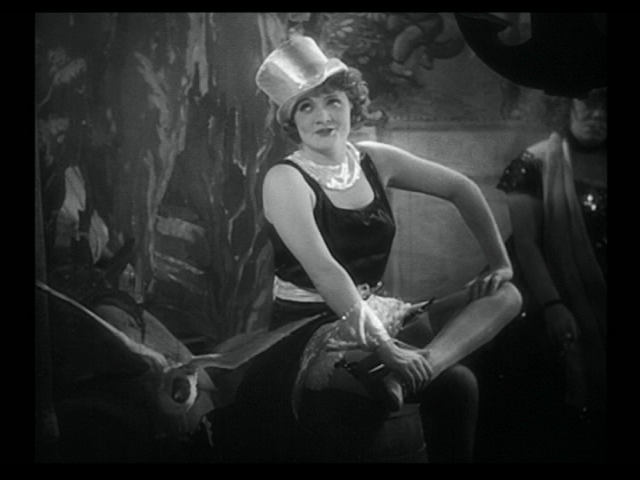
- Emil Jannings as Professor Rath
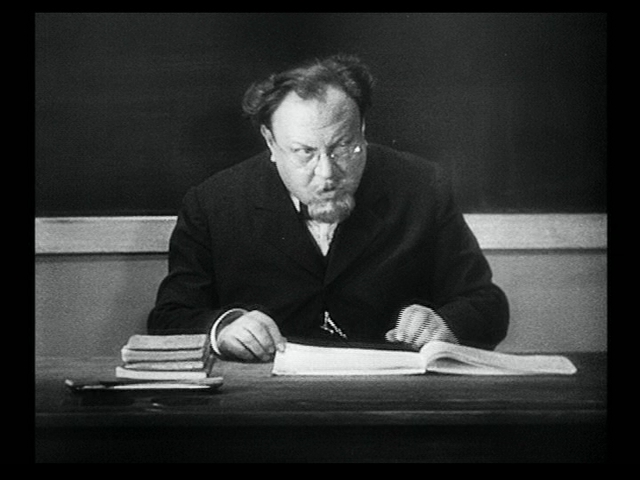
- Rath and Lola’s sweet, unusual romance
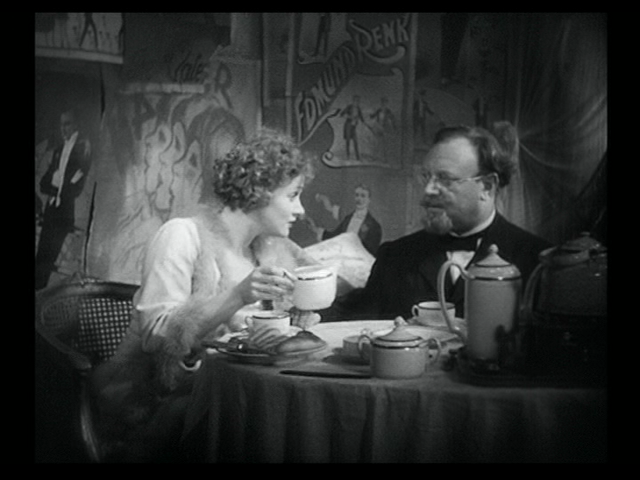
- Effectively claustrophobic set designs
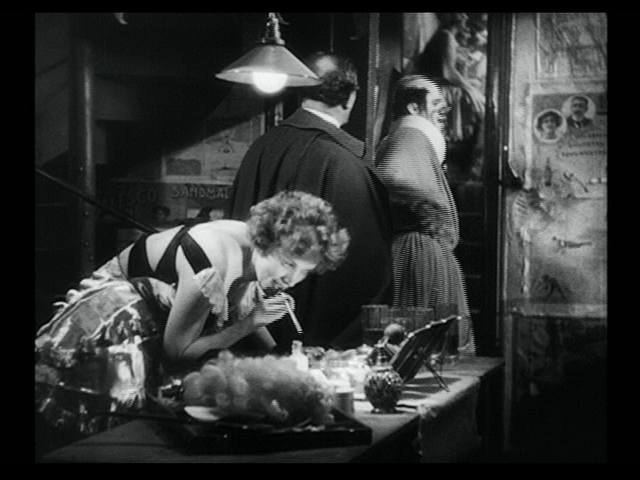
- The poignant, perfectly realized moment when Rath’s students realize that he no longer has any moral sway over them
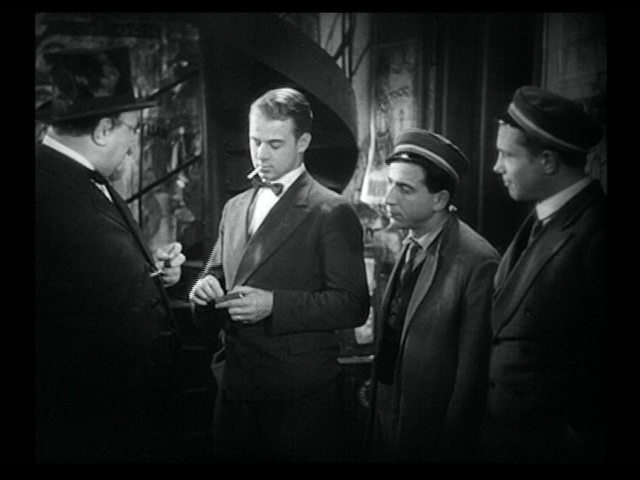
- A devastating portrait of dignity lost
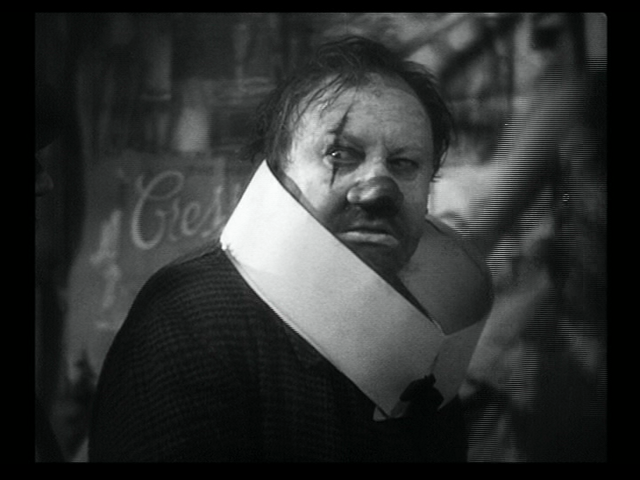
Must See?
Yes, for its importance as Marlene Dietrich’s breakthrough role, and for its undisputed status as a foreign classic.
Categories
- Historically Relevant
- Foreign Gem
(Listed in 1001 Movies You Must See Before You Die)
Links:
|







One thought on “Blue Angel, The (1930)”
A must if classic film purists insist – but not if you’re asking me.
I hesitate when tempted to bring a revered classic down a few notches. But the assessment hints at why I’m doing so here: the story is i-n-d-e-e-d “slow” and more than a bit “static”. Though the film does pick up…some…in its second half, the first half is almost deadly in its pacing. (The film may actually be better were it shortened by about 20+ min.) At most throughout, we see mere glimpses of the greatness to come from the collaboration between Dietrich and von Sternberg.
As for Jannings, his performance is respectable, but serviceable might be more to the point. I think I’ve seen him better elsewhere.
The film serves as a reasonably potent “portrait of dignity lost”, but it has lost much of the punch it no doubt had upon initial release.
Fassbinder’s 1981 remake, ‘Lola’, is vastly superior.